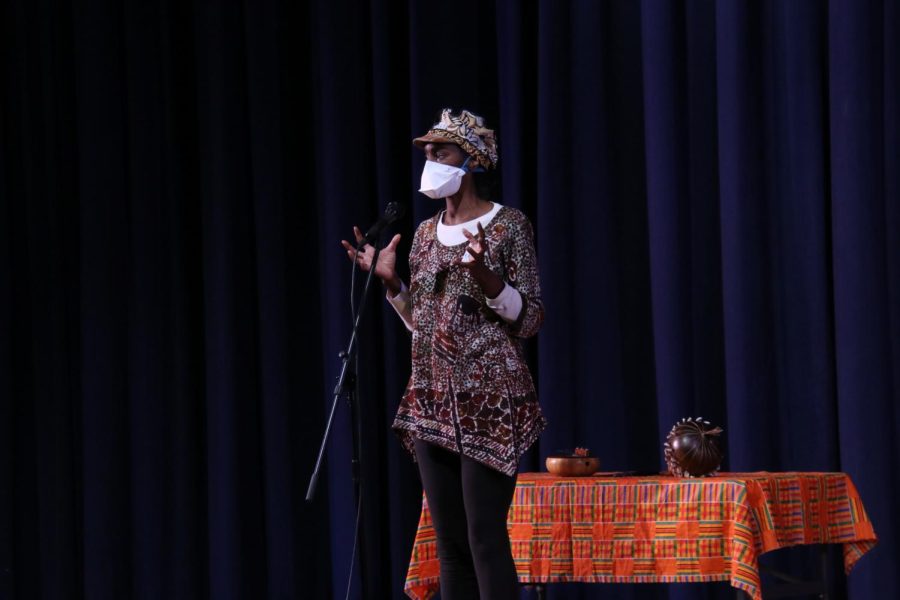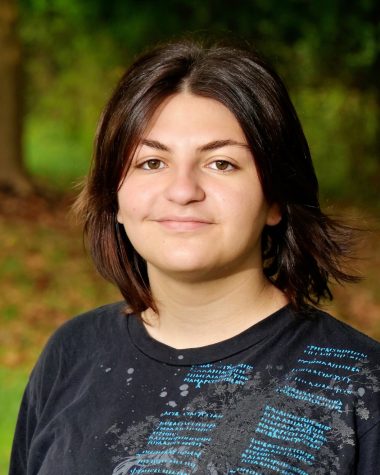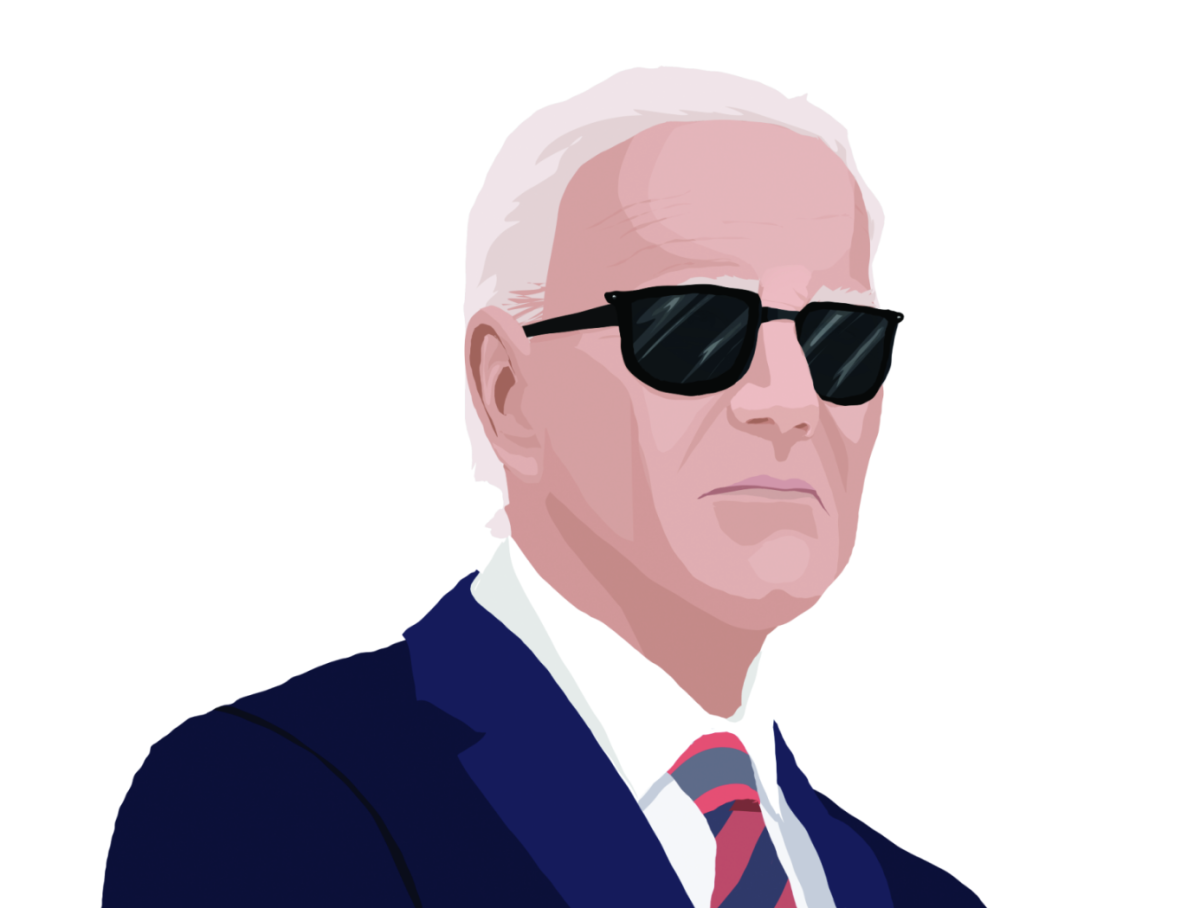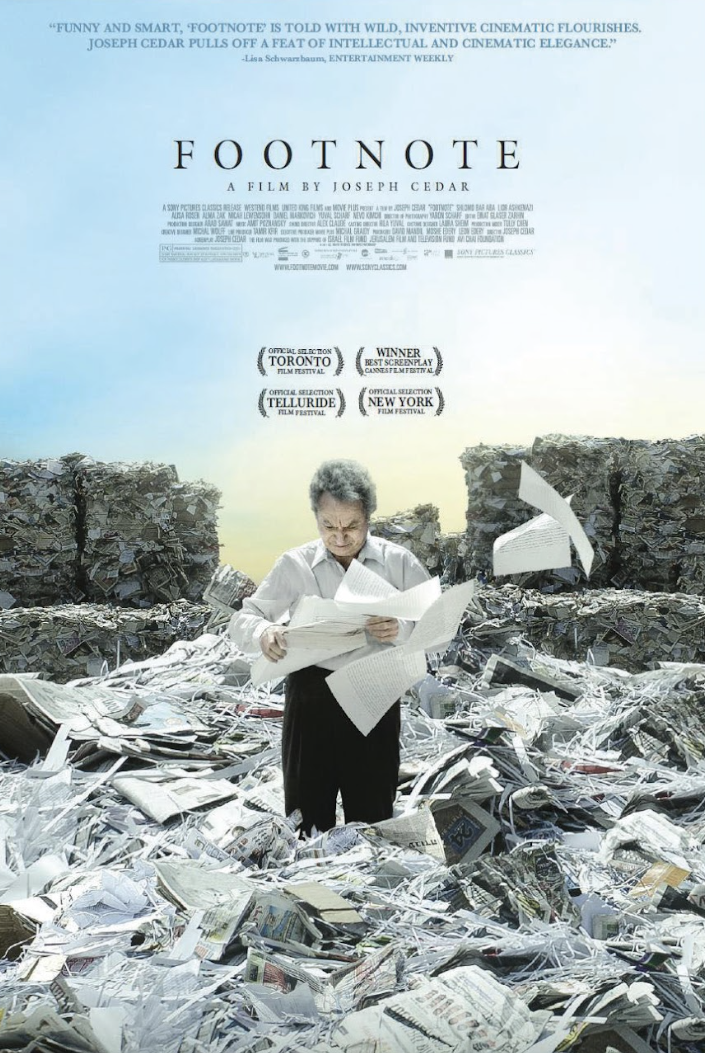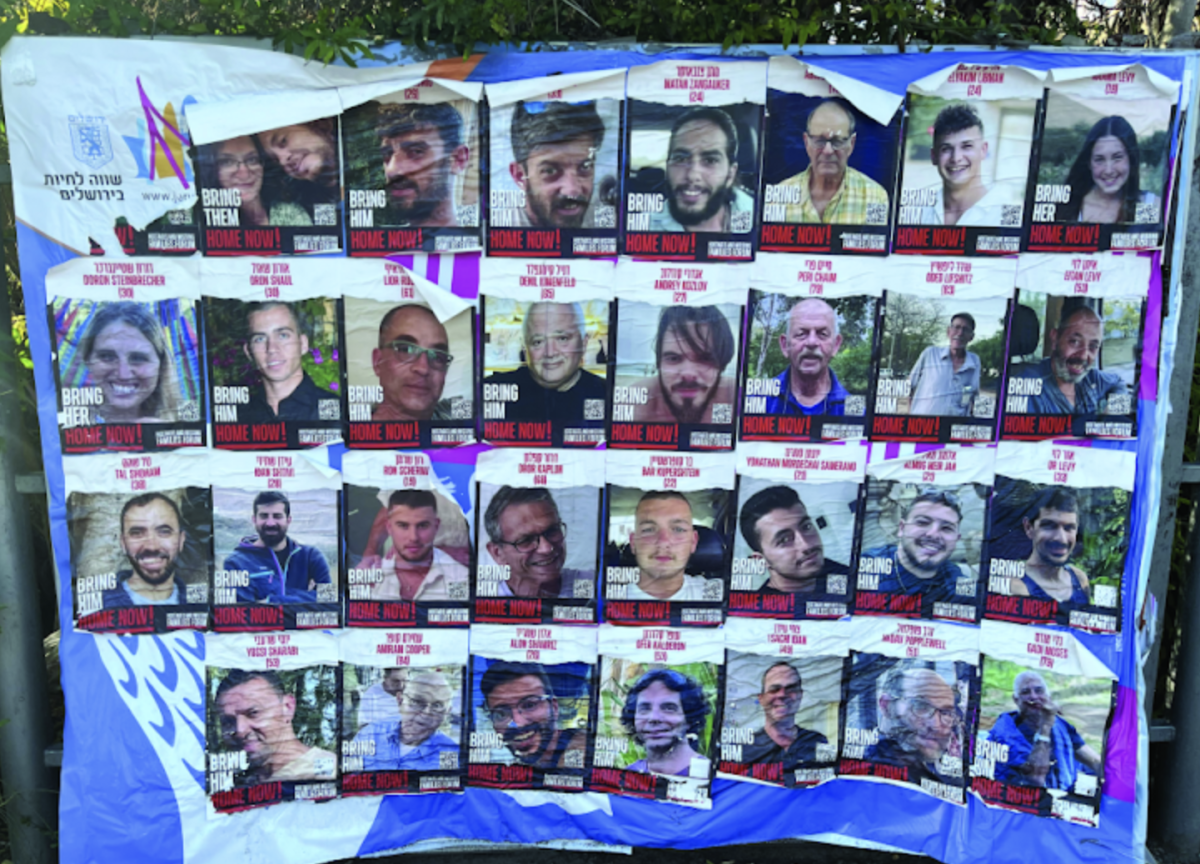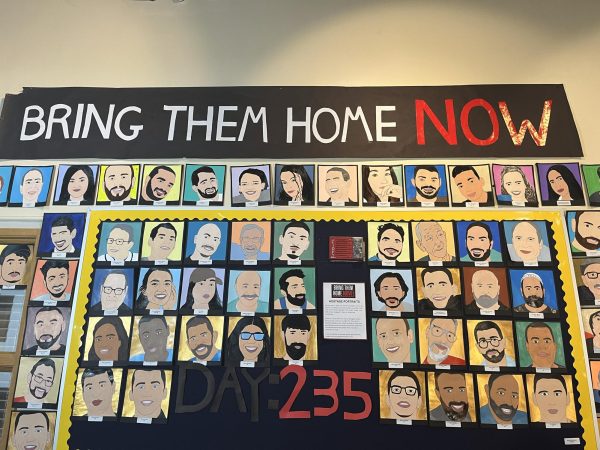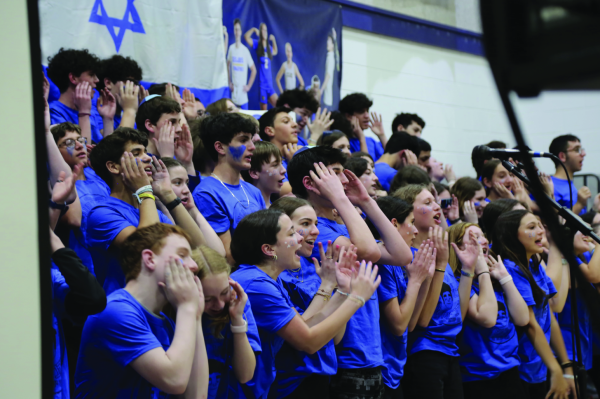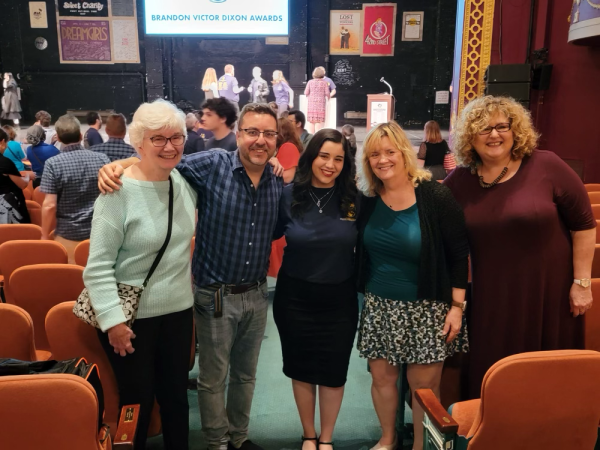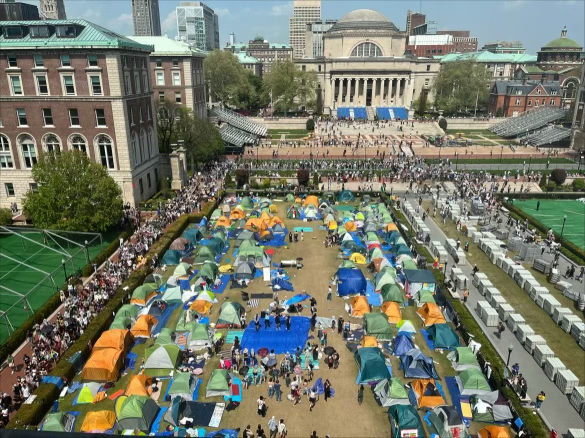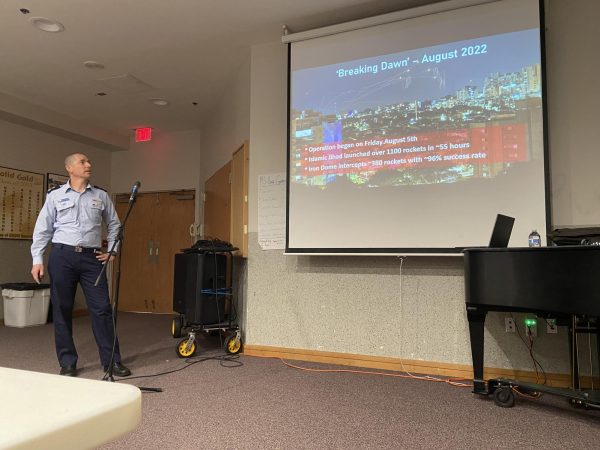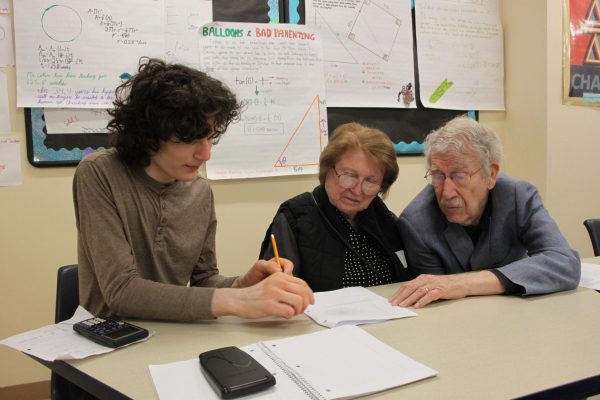CESJDS celebrates Black History Month with a professional story-teller
Photo by Matthew Steindecker, LT
Professional story-teller Diane Macklin shares the story of her mother’s life.
February 15, 2022
The month of February is Black History Month, an annual observance of the contributions and sacrifices of African Americans who have helped shape the nation. CESJDS decided to commemorate the start of Black History Month on Wednesday, Feb. 2 with guest speaker Diane Macklin, a professional storyteller.
Upper School Spanish teacher and Diversity, Equity and Inclusion Coordinator Deby Kijak said that she specifically chose Macklin to perform for the students because she believes that hearing individual stories gives students and faculty a strong way to connect to the theme of Black History Month.
“The idea of telling us personal stories it’s a very good way to connect with people because it goes beyond race, beyond ethnicity, beyond anything,” Kijak said. “It’s a way we can all relate people to people.”
During the performance, Macklin told the story of her mother’s life, a woman from Mississippi who had to leave her family and move to New York to make a living. Macklin went in-depth about the struggles her mother faced in the workplace as a Black woman from the South.
The response from students was generally positive; people said that they enjoyed the assembly and several were eager to ask questions after she told her story.
“I think it was really nice how she was kind of saying that story for Black History Month,” sophomore Frankie Reichbach said. “It really exemplified what it meant.”
Macklin believes that storytellers are able to reach a wider audience with bigger scale presentations for their stories than if they were to teach in classrooms. People of all ages learn through storytellers’ recitals and anecdotes, as they help the person visualize themselves in similar situations and better understand the world around them.
“I tell not just for entertainment; storytellers are in every culture of every community. You look at the rabbis and the stories that they tell: the stories are meant to pull people to their best self and get them to find their best self through the story. And I’m about that as a storyteller,” Macklin said. “So when I’m on stage, I’m very conscious of, are we a community together at this moment? Is this our village, and how do we make sure we’re taking care of each other by the stories that we’re telling and what we’re sharing with one another?”
Storytelling as a profession was not introduced to Macklin until college, when she first heard a storyteller speak during a summer program that she was a counselor for. She spoke to the speaker after the assembly and decided that storytelling was her dream job.
Macklin graduated from Vassar college with a master’s degree and worked as a middle school teacher for five years, only becoming a full-time storyteller in 2000 after moving from New York to Baltimore. She has now been a storyteller for over two decades, educating countless people about Black history and the experiences of Black Americans.
“America cannot exist without the money that people were able to accrue because of the abuse of people with African ancestry,” Macklin said. “We would not have the ability to understand justice, because the understanding of justice from those who’ve experienced injustice is not the same as the understanding of justice of those who’ve always been able to control it.”


